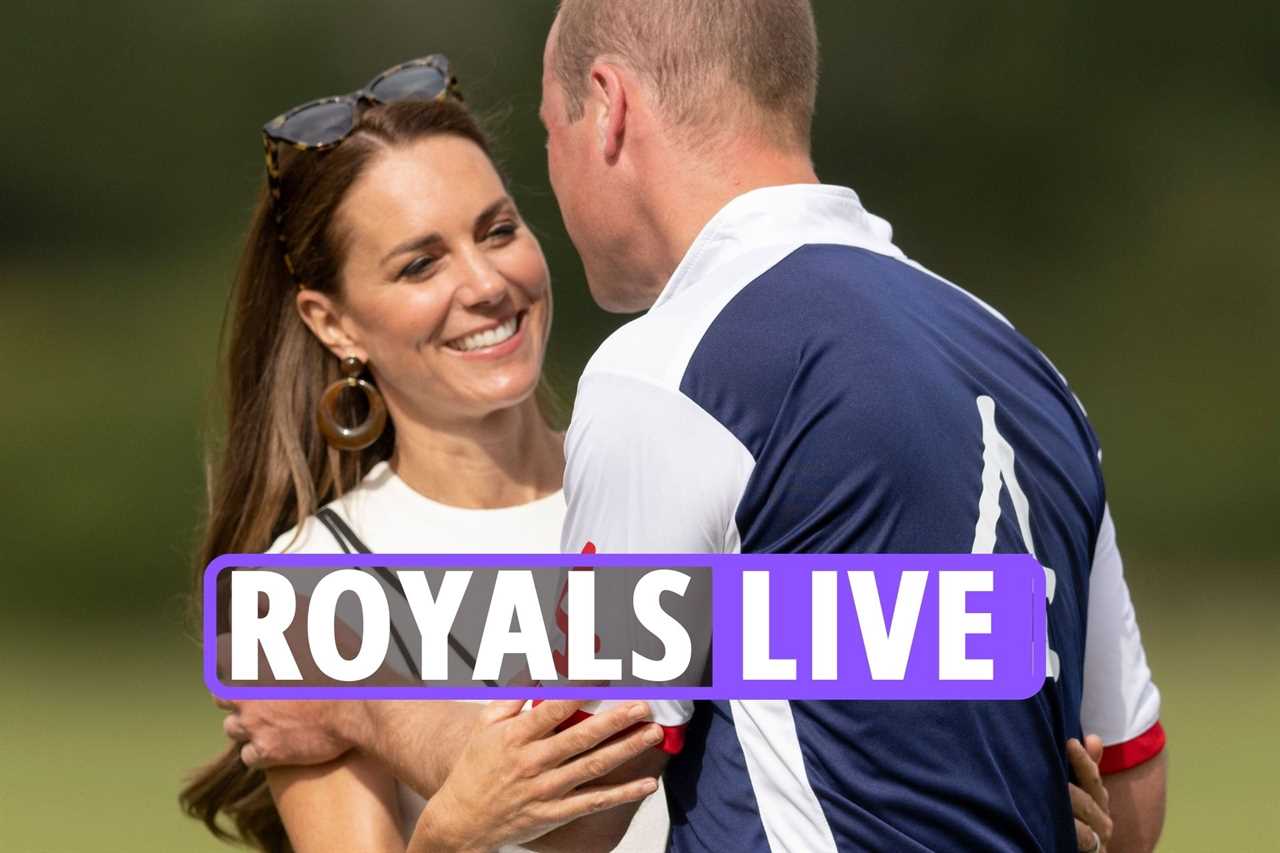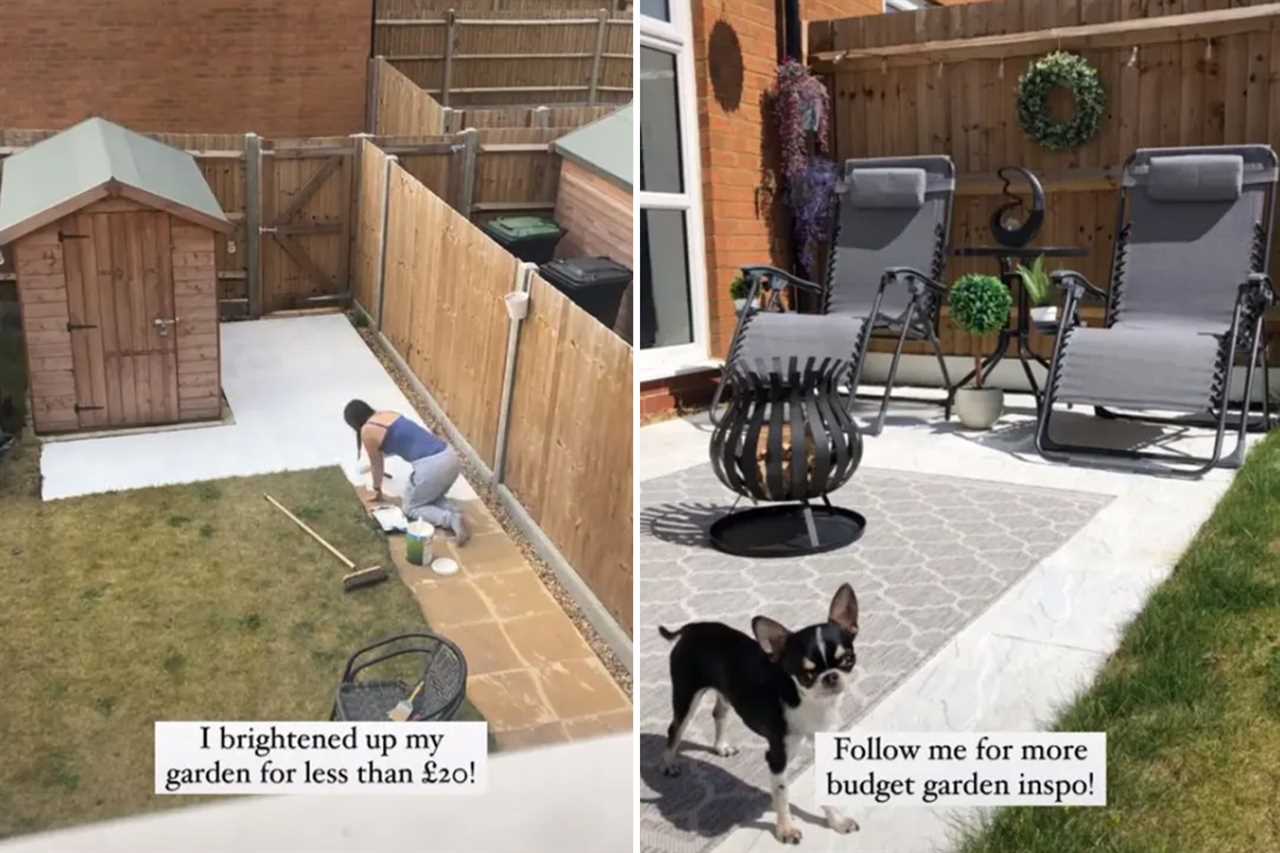PRINCE Harry today laid bare “significant tensions” with one of the Queen’s top aides as his police protection row went to court.
The Duke of Sussex is suing the Home Office because it refused to spend taxpayers’ money on his bodyguards after he quit royal life.
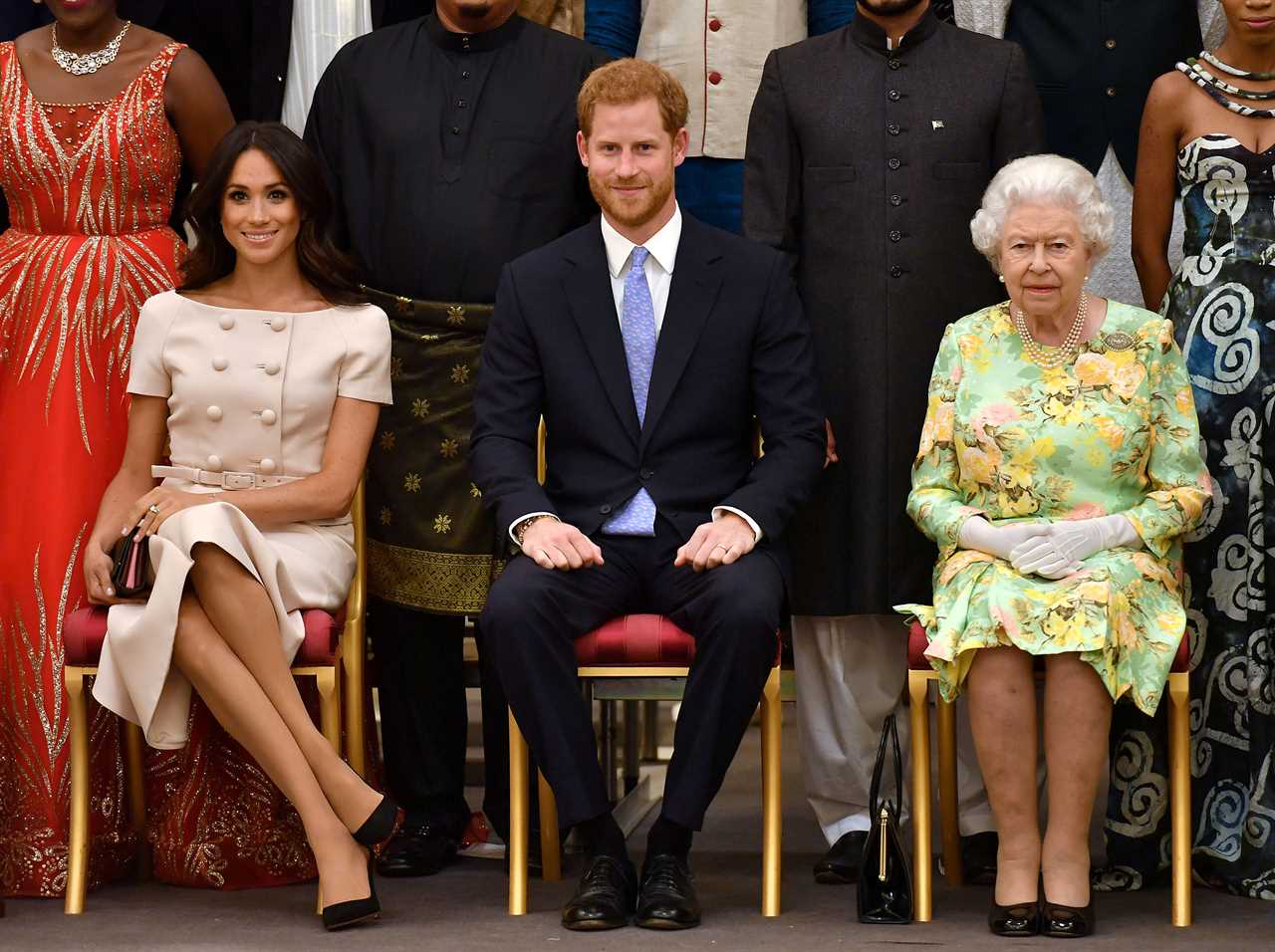
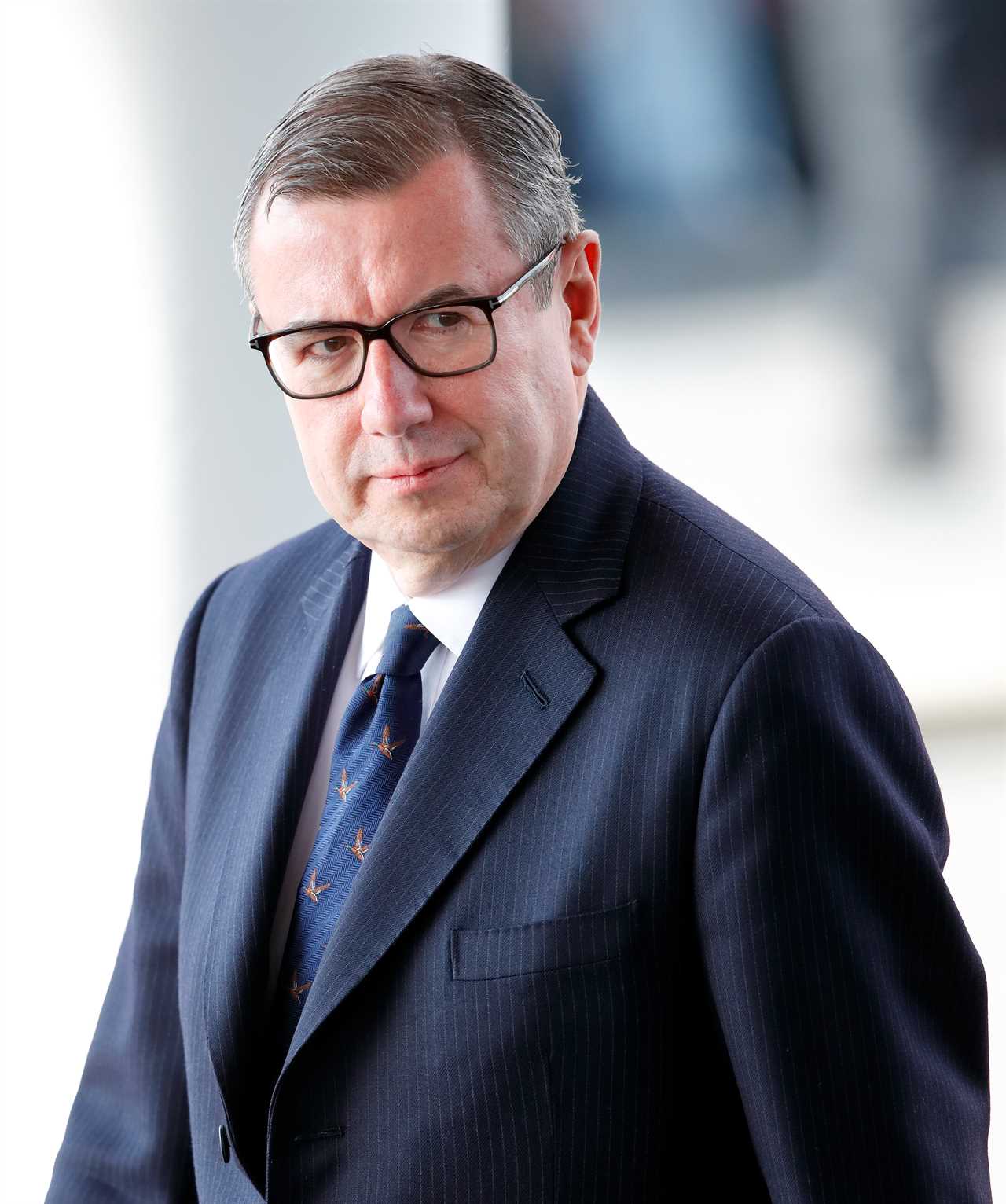
His lawyers asked Mr Justice Swift at a hearing in London today to allow a full judicial review of the Home Office’s decision.
They revealed Harry believes the Queen’s private secretary, Sir Edward Young, “should not have been involved” in the February 2020 decision, adding there were “significant tensions” between the pair.
The Executive Committee for the Protection of Royalty and Public Figures (Ravec) – of which Sir Edward was involved – ruled Harry would no longer be given the “same degree” of personal protective security when visiting the UK.
And the duke’s legal team want to argue the security arrangements set out in a letter from Ravec, and their application when he visited the UK in June 2021, were invalid due to “procedural unfairness”.
Shaeed Fatima QC, for the duke, told the court: “He didn’t know at that stage that the Royal Household was involved at all… he was told it was an independent decision.”
She also said there were “significant tensions” between Harry and Sir Edward Young, at that time.
In written arguments, Ms Fatima said Harry was not given a “clear and full explanation” of the composition of Ravec and those involved in its decision-making – for example, that it included the Royal Household.
She also said his understanding was that his points regarding security, which he passed on to the Royal Household, were being “fully and properly communicated to Ravec”.
Ms Fatima said he was denied the opportunity to make representations directly to Ravec and was “materially prejudiced” because “among other things, his offer to pay (for security) was not conveyed to Ravec before the decision was made”.
She added: “He does not know what else – as communicated by him to the Royal Household – was not fully/timeously conveyed to Ravec.
“He was deprived of the opportunity to comment on the appropriateness of Ravec’s process (and) the involvement of certain individuals in the Ravec process prior to the decision being made.
“It is arguable that, if there had been a fair process, Ravec would or could have reached a different decision.”
Lawyers for the Home Office say Ravec was entitled to reach the decision it did, which is that the duke’s security arrangements will be considered on a “case by case” basis, and argue that permission for a full judicial review should be refused.
Sir James also said there is “no basis for the court to conclude that it would be anything other than highly likely” that allowing Harry to make representations to Ravec before the decision was made “would not have led to that decision being substantially different, or even at all different”.
Sir James Eadie QC, representing the Home Office, said in written arguments that any tensions between Harry and Royal Household officials are “irrelevant” to his change in status.
He said: “In his skeleton, the claimant now refers to objections he might have made to any role being played by officials of the Royal Household in Ravec’s decision-making – apparently because of personal tensions he felt with them.
“But there is no bias challenge and any such tensions are irrelevant to the undisputed fact of the claimant’s change in status which led to the decision of Ravec.
“The inability of the claimant even now to explain how a process of representations could or would have assisted is striking.”
SECURITY ROW
The judge ruled in March that parts of the court documents in the case should be remain secret.
Ms Fatima previously told the court that Harry considers the UK “is and always will be his home”.
A representative for Harry previously said the duke wants to fund the security himself, rather than ask taxpayers to foot the bill.
However, Robert Palmer QC, for the Home Office, previously told the court that the duke’s offer of private funding was “irrelevant”.
Today’s hearing was held to discuss whether Harry can proceed with the case – although the duke is not expected to attend in person.
The judge will then decide whether there is an arguable case to go to full trial.
The Sussexes were stripped of their round-the-clock protection when they stepped back from royal duties two years ago.
Harry later moaned he is unable to return with Meg, Archie and Lilibet, “because it is too dangerous”.
He gets security when he stays at Frogmore Cottage or attends royal events but has to fend for himself if he wants to see friends and visit his UK charities.
In a statement earlier this year, a legal representative for the duke said: “Prince Harry inherited a security risk at birth, for life.
“He remains sixth in line to the throne, served two tours of combat duty in Afghanistan, and in recent years his family has been subjected to well-documented neo-Nazi and extremist threats.
“While his role within the institution has changed, his profile as a member of the royal family has not. Nor has the threat to him and his family.
“The Duke and Duchess of Sussex personally fund a private security team for their family, yet that security cannot replicate the necessary police protection needed whilst in the UK.
“In the absence of such protection, Prince Harry and his family are unable to return to his home.”
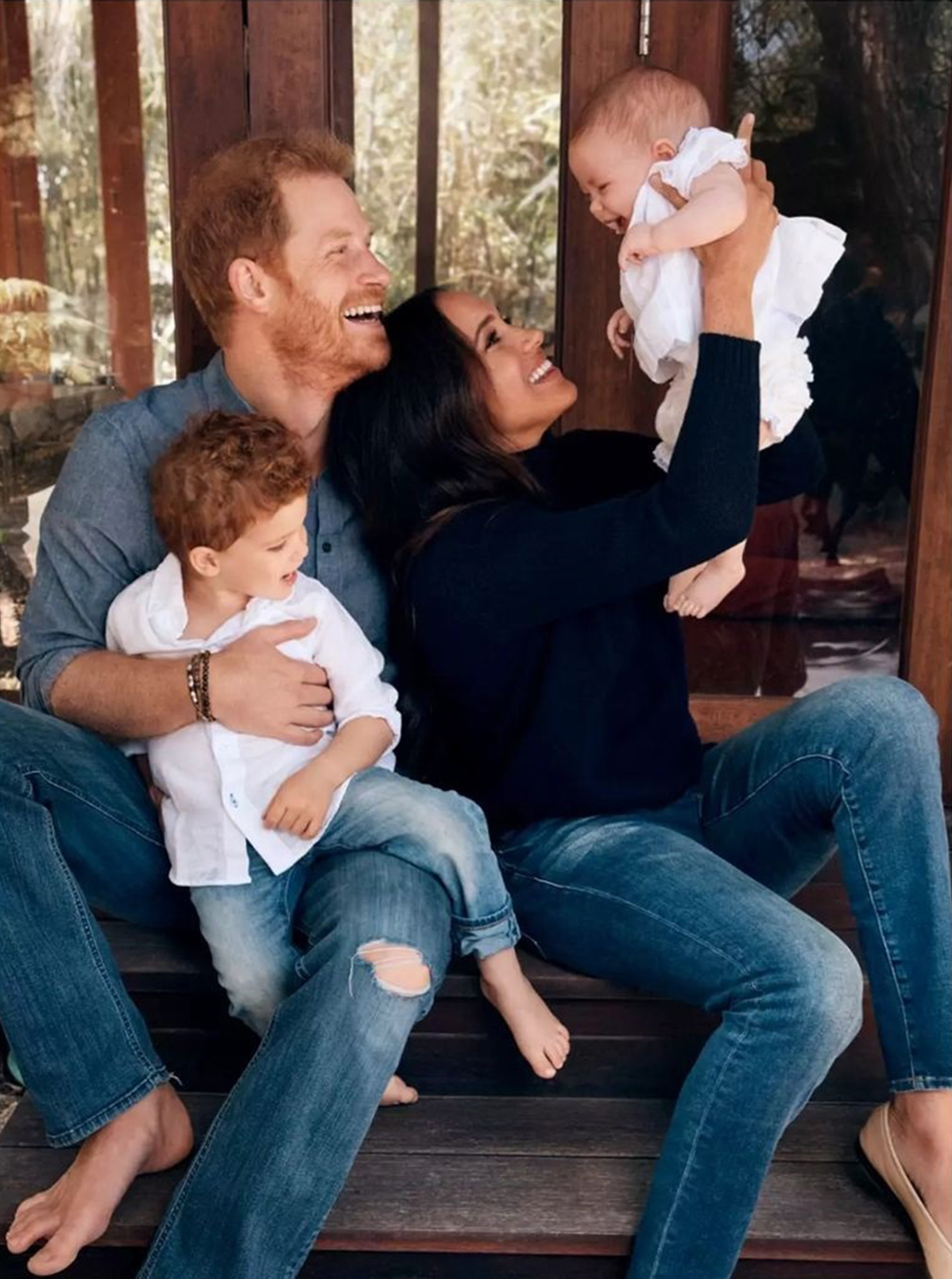
Did you miss our previous article...
https://thecelebreport.com/royalty/fears-boris-johnson-could-drag-the-queen-into-his-battle-to-stay-pm-in-people-v-parliament-nuclear-option


